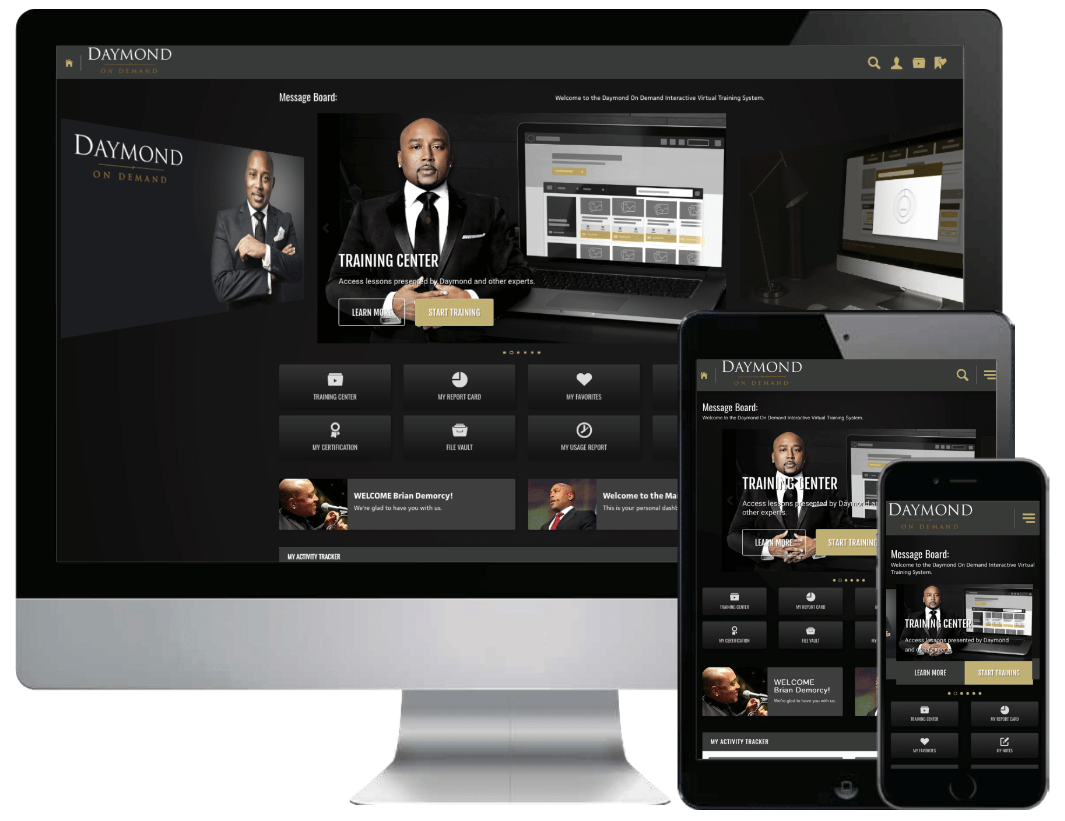One of the biggest misconceptions in business is that mentorship is a one-way street. That it’s only about giving. That it’s something you do after you’ve “made it.”
That’s not true—and it’s never been my experience.
Mentorship isn’t just about lifting someone else up. It sharpens you, too. It forces you to lead with clarity, stay accountable, and build stronger relationships inside your business and beyond.
I’ve mentored entrepreneurs on Shark Tank, in my companies, and even in quiet moments behind the scenes—and every time, I walk away with just as much value as I give.
Mentorship Builds Stronger Leaders (Not Just Followers)
When I was building FUBU, I didn’t have a roadmap. What I had were people—my mom, my early business partners, other entrepreneurs—who showed me what was possible.
They didn’t hand me success. But they gave me perspective, asked the right questions, and believed in me when I didn’t even believe in myself. That’s what mentorship does.
And now, on the other side, I see how that role builds me as a leader.
When you mentor someone, you’re forced to slow down and explain your thinking. You’re reminded of lessons you forgot. You get challenged in ways you didn’t expect. It’s not just about pouring out—it’s about staying full as a leader.
Mentorship Doesn’t Happen Without Intentionality
Some of the most impactful mentorship doesn’t come from a formal program. It comes from being present, listening, and creating space for growth.
When I look at the most successful leaders I’ve worked with, they all share one trait: they develop people. They coach. They share what they know. They don’t just build businesses—they build others.
That’s what creates strong teams, loyal employees, and long-term success.
If you’re leading a business—whether you have two employees or two hundred—ask yourself: are you making room for mentorship?
Because if you’re not, you’re leaving growth on the table.
How to Make Mentorship Part of Your Business Model
Too many leaders think mentorship has to be some complicated, time-consuming initiative. It doesn’t.
Here’s how to make it real—and keep it simple:
1. Normalize learning out loud.
Talk about your past mistakes and what they taught you. Your team doesn’t need a perfect leader—they need a transparent one.
2. Create space for questions.
Don’t just delegate tasks—share your thought process. Encourage your team to ask “why,” not just “how.”
3. Match people across experience levels.
Peer mentorship and reverse mentorship are powerful. Let newer employees learn from veterans—and vice versa.
4. Reward the act of mentoring.
Shout out team members who take time to support others. Make it part of your culture—not an afterthought.
5. Stay approachable.
You don’t have to have an open-door policy, but you do need to be accessible. The best mentorship moments often come in casual, unplanned conversations.
Final Thought: Leaders Develop Leaders
The truth is, mentorship is one of the most underrated growth strategies in business.
It doesn’t cost a thing—but the return is massive.
It grows people. It strengthens teams. And it reminds you why you started in the first place.
You don’t have to be perfect to be a mentor. You just have to be willing to show up, share what you’ve learned, and invest in someone else’s potential.
And if you’re looking for mentorship—real, strategic, game-changing mentorship—I’ve created a space for that.
GameChangerMeetings.com is where I work directly with entrepreneurs who are serious about growth. If you're ready to take your next step, that’s where we do it.
Because when you build people—you build legacy.
And that’s the kind of growth that outlasts everything else.
















